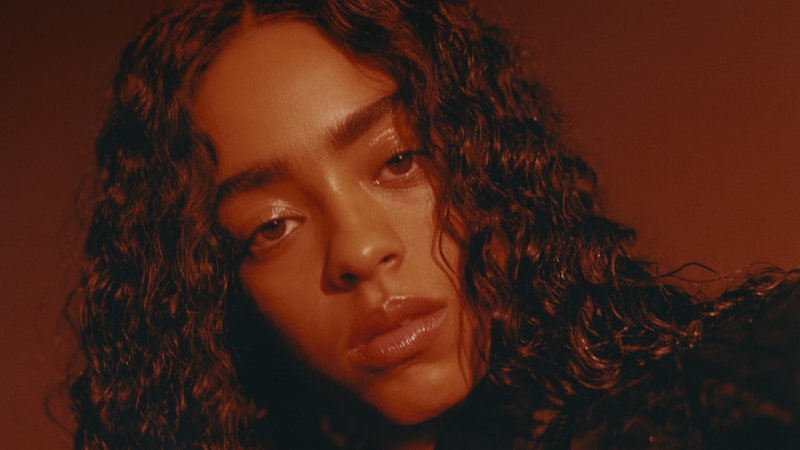One may not think of the cello when thinking of pop or R&B, but in 28-year-old Kelsey Lu’s debut album “Blood,” the cellist and singer/songwriter weaves the instruments’ melancholic voice between her heavily symbolic lyrics to tell the story of the life most personal to her.
“Blood” consists of fourteen songs that include siren-like musical numbers that center around Lu’s cello playing. The unique mix of classical sound with pop and R&B is what makes Lu’s music so distinct.
Kelsey McJunkins, otherwise known as Kelsey Lu, was born and raised in North Carolina by her musical parents with a Jehova’s Witness upbringing. In the first song on the album, “Rebel,” Lu sings of her parents. In an interview with NPR, Lu explains the muse to her album.
“A lot of my parents’ lives are going to reveal to me later on in my own life. And in the making of this record, I feel I was doing a lot of reflecting on home and on my relationship with them and the life that your parents lived before they’re your parents.” Lu states.

The album centers around Lu’s experiences after, at 18 years old, she left home to seek the life she was kept from having in her religiously-strict household.
She went to college at North Carolina School of the Arts with a full ride scholarship to study music without telling her parents. She then headed for Brooklyn, New York after she graduated, where she met many growing musicians and began to really develop herself in the field. After a few years, she moved to L.A., where she currently works and lives.
“I was making decisions in my life that went against everything that I was raised to believe.” She explains with regards to why she left home in the interview with NPR.
Of the thirteen songs on the album, five of them have music videos and all five are heavy with unique takes on Lu’s messages connecting her personal reflections to the reflections we all must make in order to grow.
One of Lu’s songs on the album, “Due West,” seems to focus on growth and the concept of independence from what “feels safe.” Record producer Skrillex collaborates in the song as well.
The music video for “Due West” shows Lu dancing and singing emotionally and almost ritualistically in different locations, surrounded by vegetation and at one point falling backward into a pool in a thin dress. She wears her hair in various different styles; cut short, which portrays her natural curls; and long, extending almost down to her kneecaps in braids.
At the end of the video there is only a peaceful strumming of a guitar and birds chirping in the background and she is sitting topless in a white room with windows behind her that portray a dark sky, her arm casually resting on her knee strewn over her breasts with her hair pulled back away from her face.
In the music video for her song “Blood,” which is the last song on the album, Lu is standing in a crimson room with a mic hanging from the ceiling. She’s dressed in black from head to toe, wearing a concealing black dress with red embroidery down the arms and black boots. Her long dark hair falls behind her back; her bangs are dyed red and fall around her face.
“Blood is written in the law, nothing’s hidden after all. Someone’s missing all our calls and I’m trying to get through. Bodies written in the law. Bodies hidden in the floor. History has taught us Hope. Hope is the answer, yes, it is. But it’s all love, but it’s all love, but it’s all love. Who’s fed enough, who’s fed enough, who’s fed enough? Who’s left to trust, who’s left to trust, who’s left to trust? Love falls on us, love falls on us, love falls on us,” she sings.
Lu explains that the song is a recognition of “the Pain, the Horror, and the Beauty of finding the ability to observe it all in order to move through it.”
The song, being the last one on the album, ties her experiences and her reflections together beautifully and expresses how, at the end, one must try to remain hopeful for the future.
Yasel Rosado
Staff Writer

